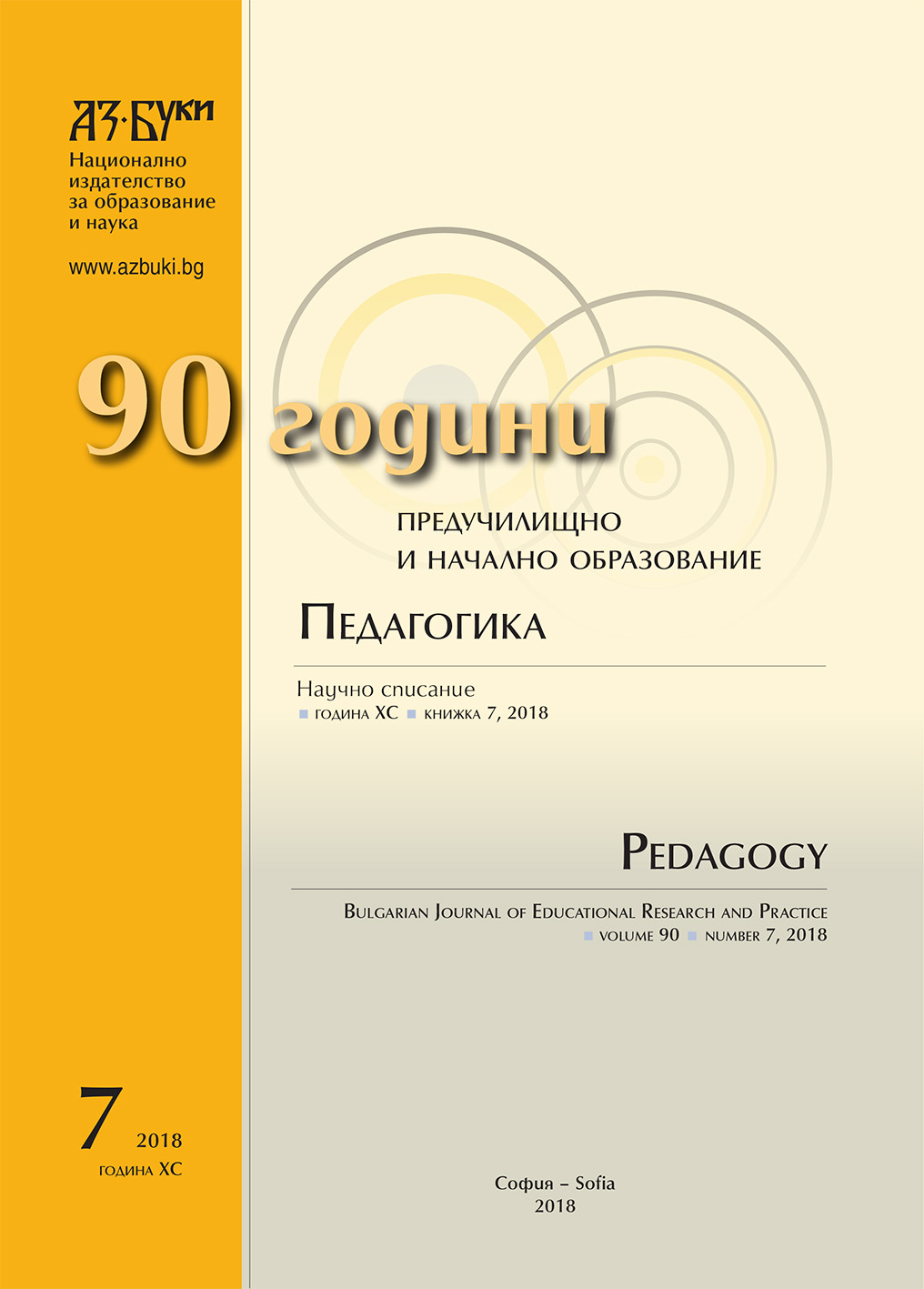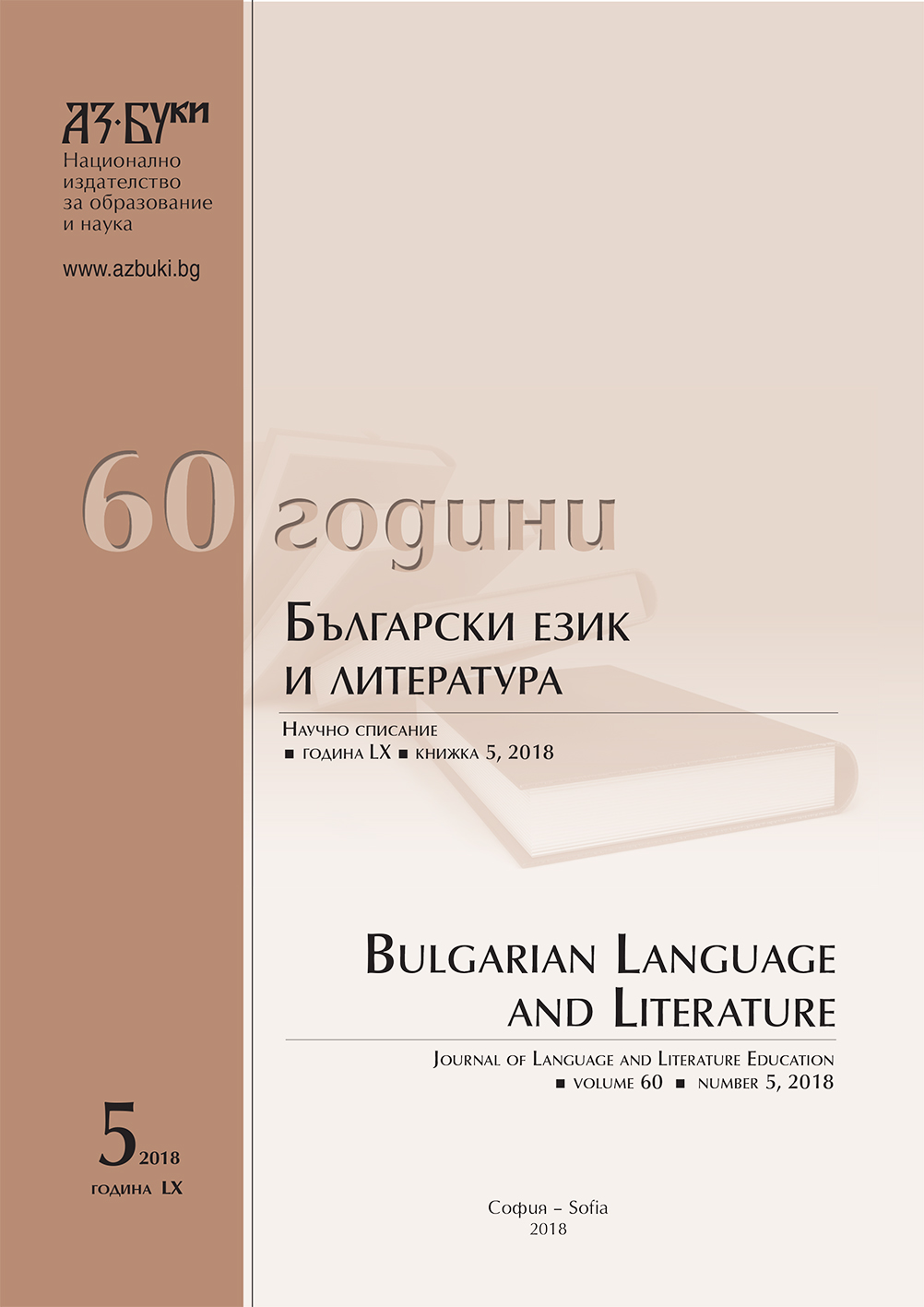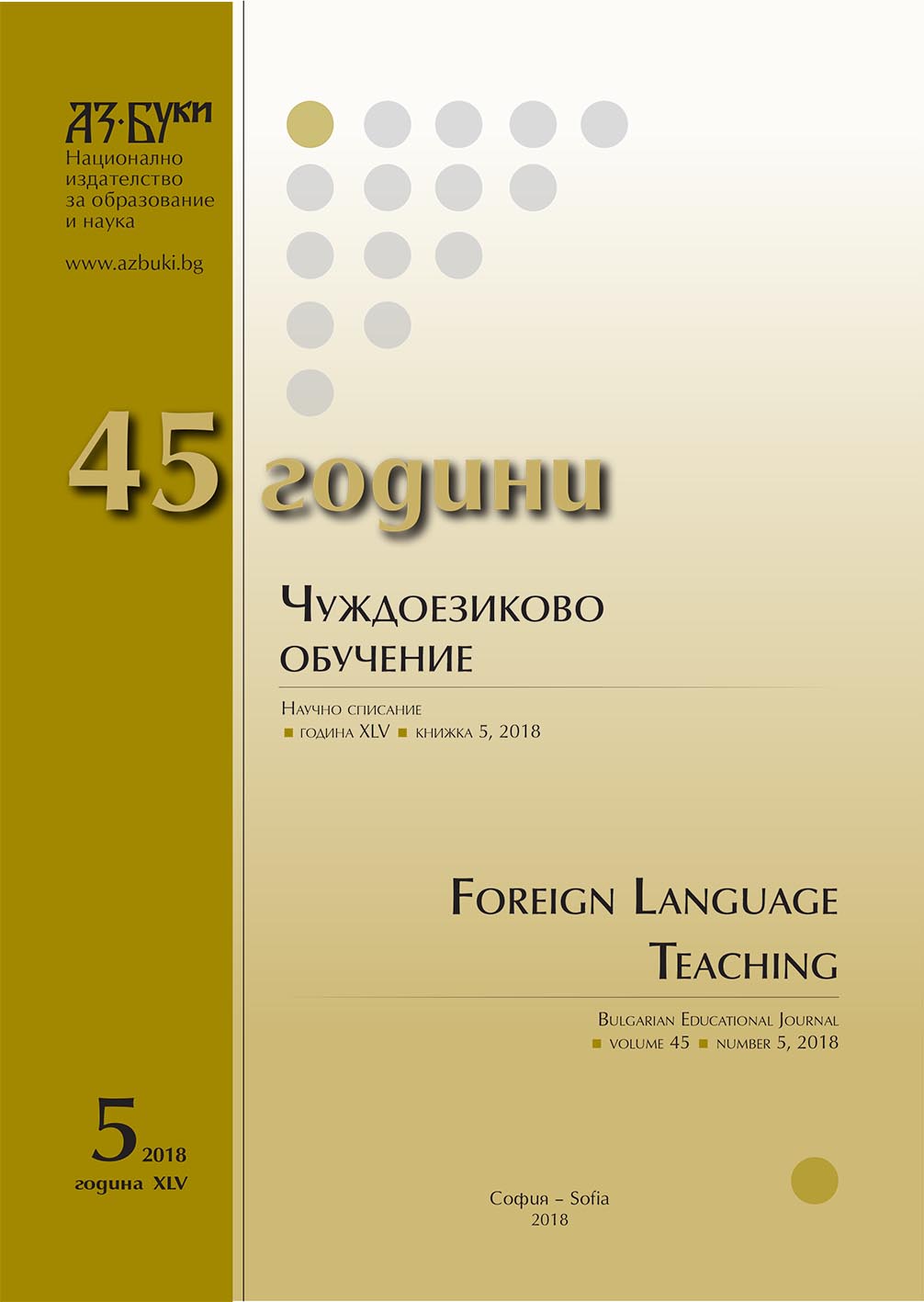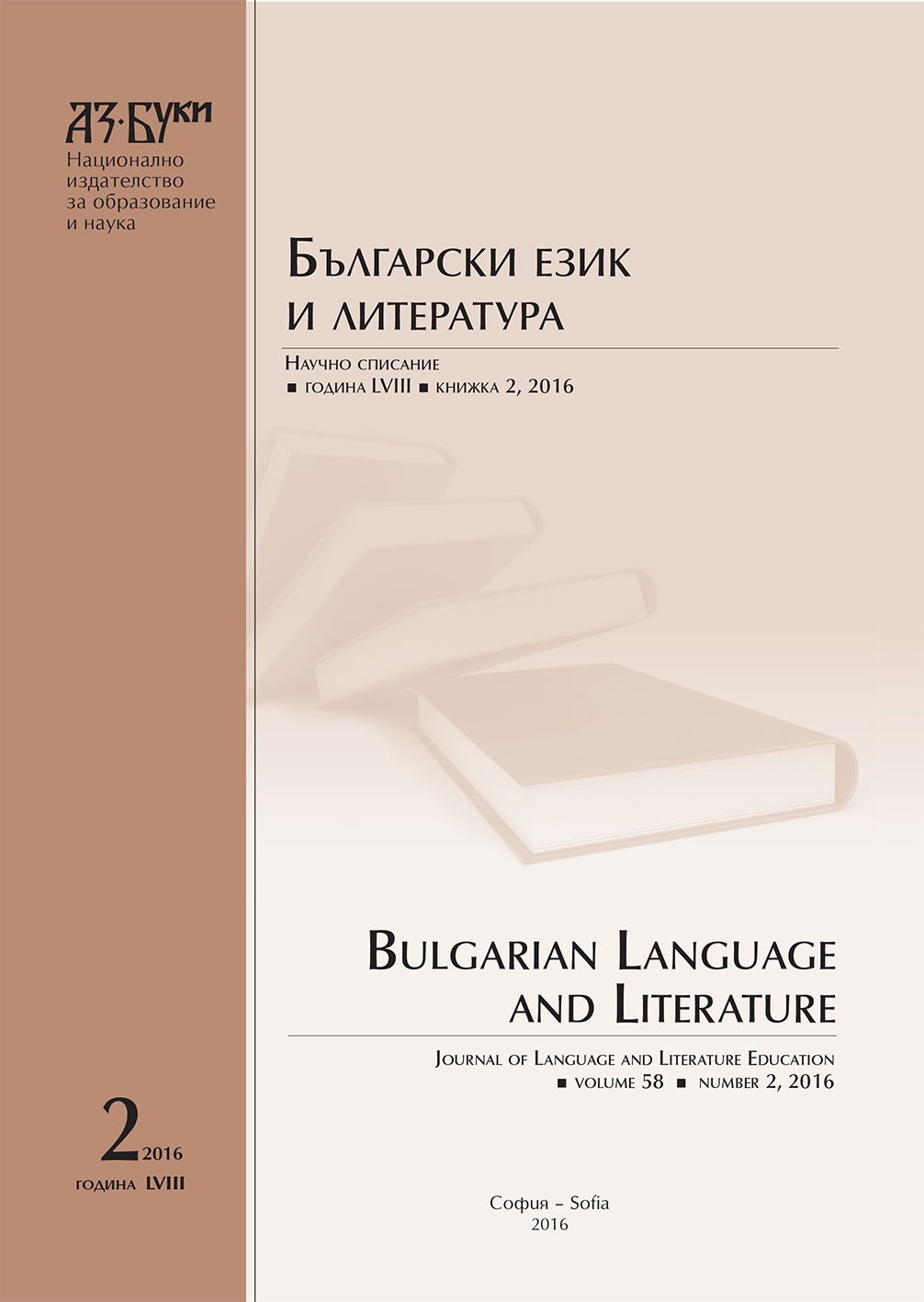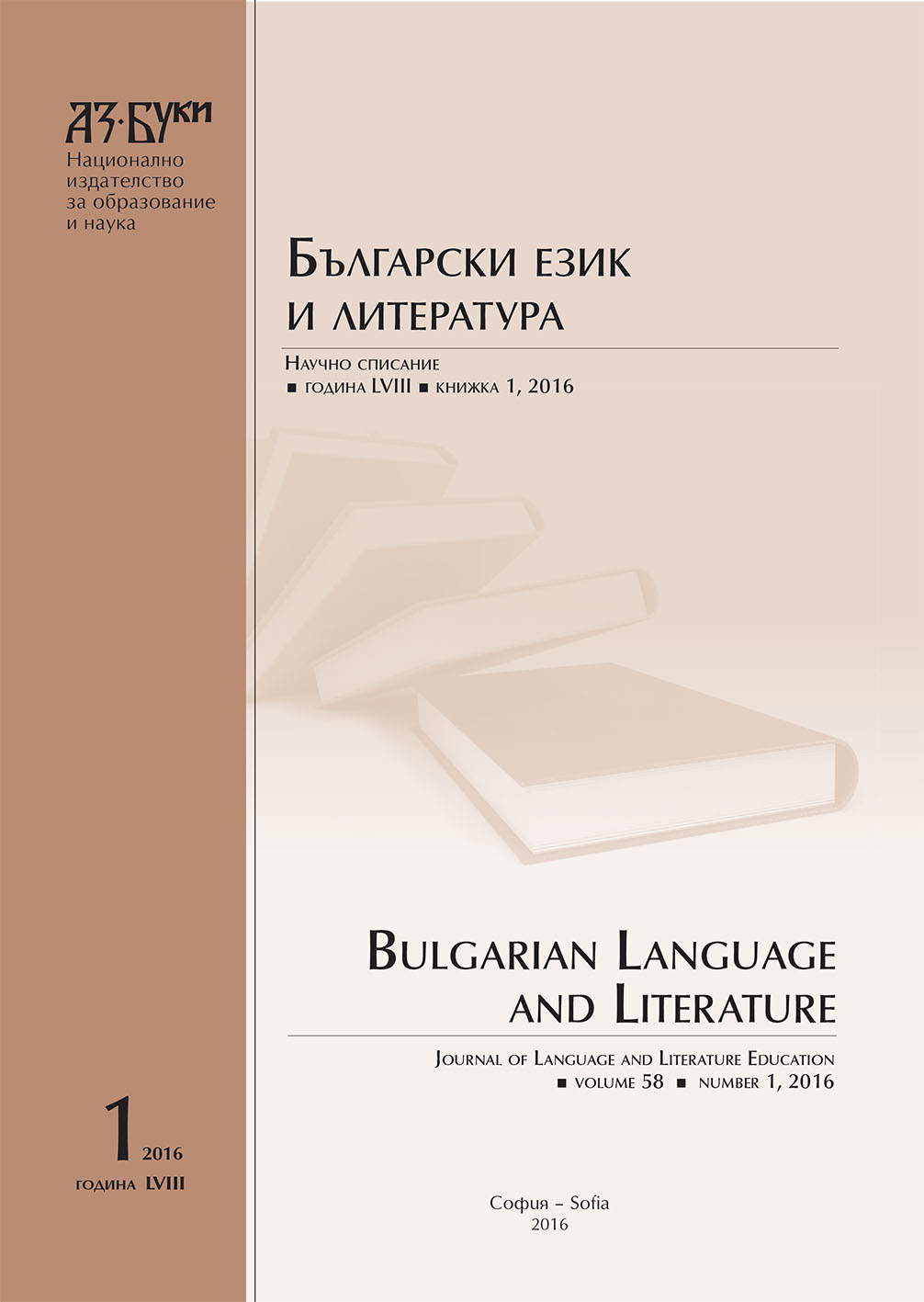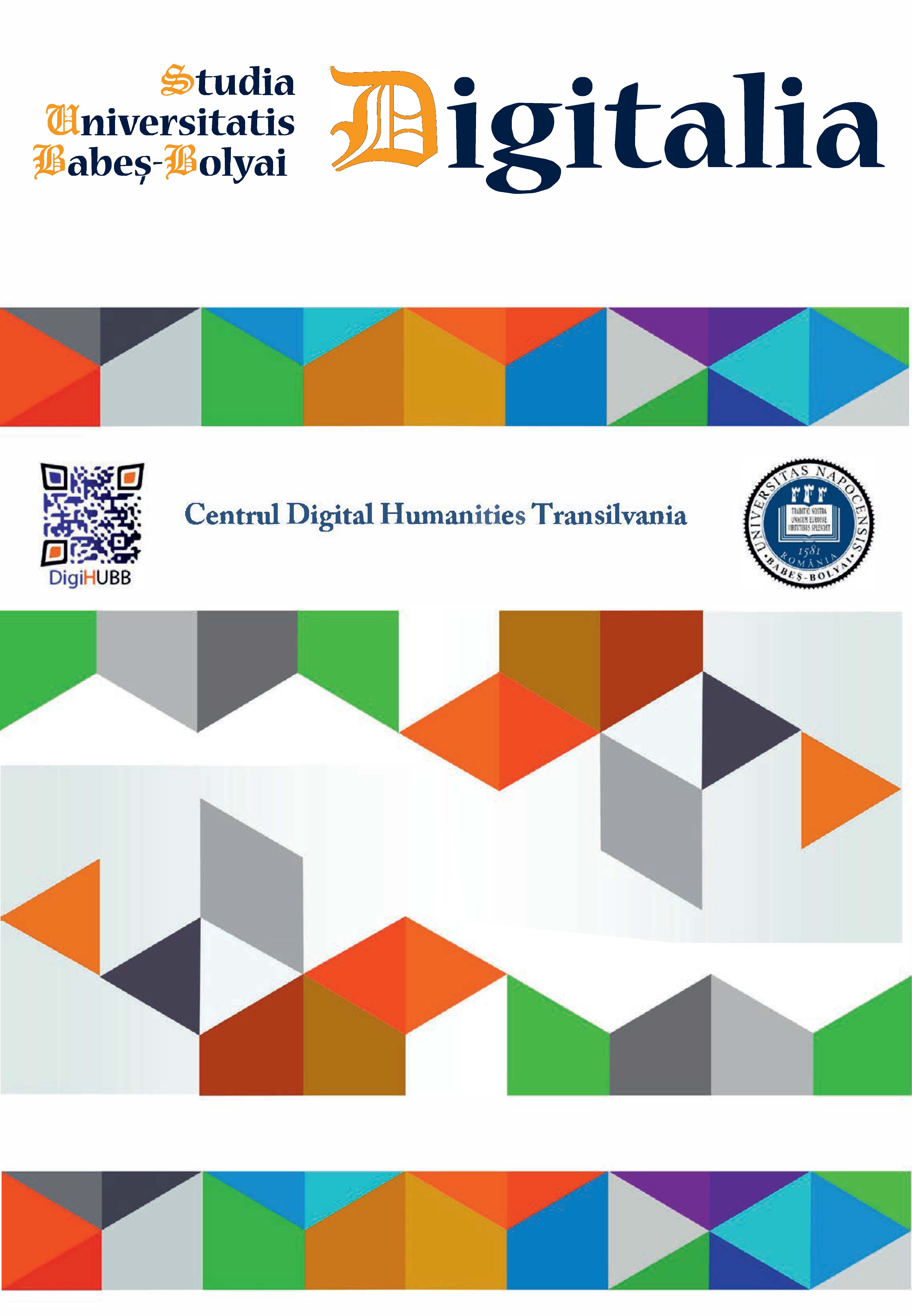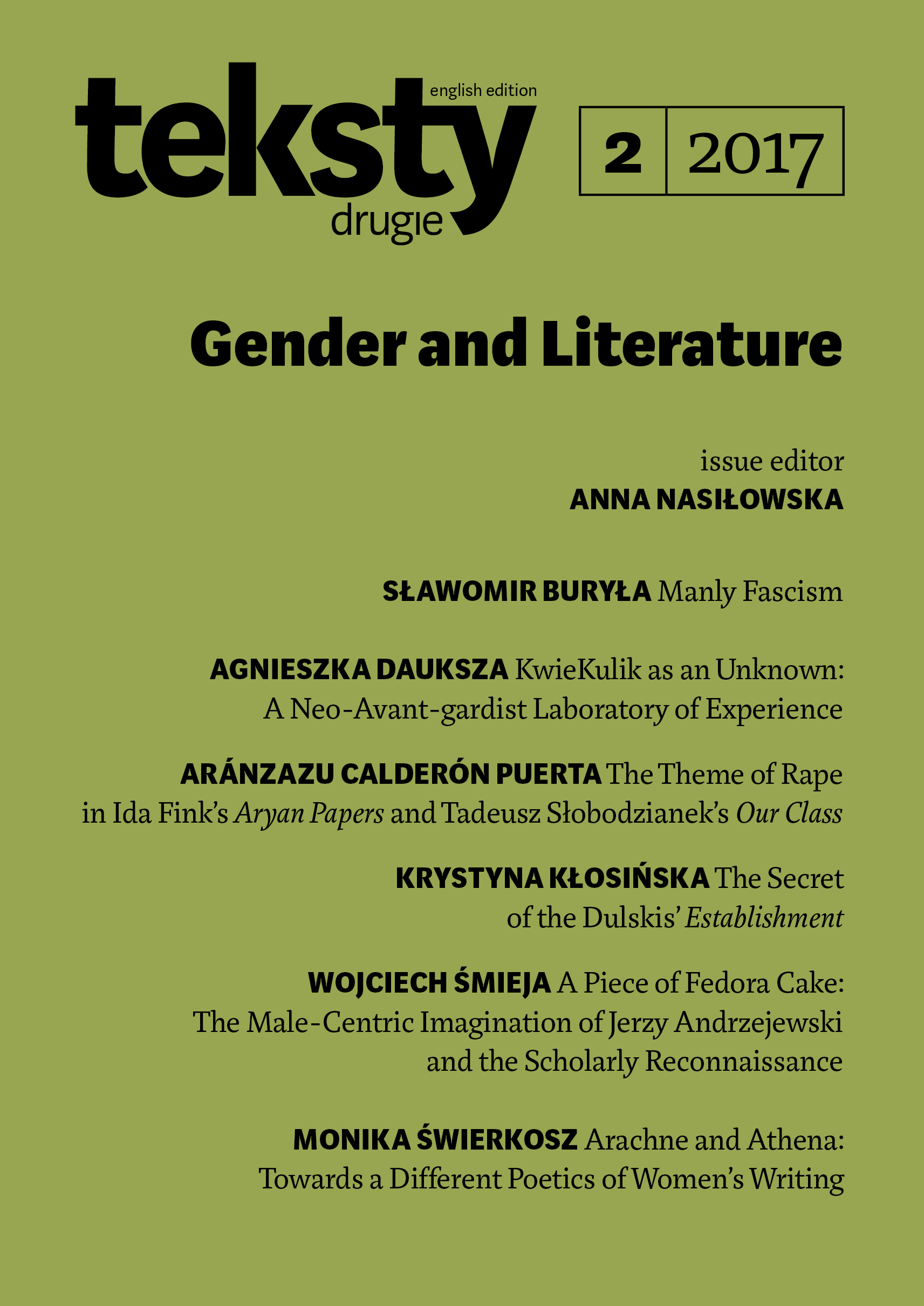Author(s): Marius SALA / Language(s): French
Issue: 1/2018
Suite aux rapports de longue date avec le monde grec, le roumain s’est enrichi de nombreux emprunts lexicaux, qui ont été adoptés à différentes époques de son histoire. Aucune autre langue romane, sauf les dialectes italiens méridionaux, n'a jamais eu des relations tellement étroites avec le grec, qui a joué un rôle extrêmement important dans le sud-est de l’Europe.La plus ancienne couche de mots grecs en roumain provient du grec... ancien: il s’agit des mots entrés en roumain par l’intermédiaire du latin (1er-6es.). Ces hellénismes latins, qui se sont conservés en roumain jusqu’au d’aujourd’hui, représentent deux catégories distinctes: des hellénismes latins généralement romans (biserică „église” < basilica,(a) blestema „maudire” < blastemare, (a) boteza baptiser” < baptizare,etc., 42 mots au total) et des hellénismes adoptés oralement dans le latin danubien (broatec „rainette verte”, frică „peur”, mic „petit”, proaspăt „frais”, spân „glabre, imberbe”, stup „ruche”, sturz „grive”, trufă „arrogance”).Il est difficile de préciser si les emprunts appartenant à la deuxième couche, c'est-à-dire à la période byzantine (7e-14es.), datent vraiment de cette époque ou bien de l’époque néogrecque. Au début du 11e siècle la frontière de l’Empire byzantin touchait le bord du Danube. Les noms des villes - ports danubiennes – Sulina, Calafat, Maglavit –constituent un témoignage important de l’activité de la flotte byzantine sur la rive roumaine du Danube. C'est probablement à cette date que sont entrés en roumain, sans intermédiaire,des mots comme (a) agonisi „épargner”, cort „tente”, folos „profit”. Par l’entremise des langues slaves le roumain a aussi acquis des mots, tels que busuioc „basilic”, cămin „foyer”, corabie „navire”. La culture byzantine n’a pas pénétré dans le milieu rural.Les éléments néogrecs sont entrés en roumain notamment à l’époque dite «phanariote» (1711-1821), mais L. Galdi a constaté que sur environ 1200 emprunts seulement 100 - 150 sont fréquents aujourd’hui encore (agale „lentement”, alandala „pêle-mêle”, anapoda „à rebours”, calapod „embauchoir”, etc.).Mon maître, le professeur Al. Graur, avait sélecté 17 mots d'origine grecque qui faisait partie du lexique fondamental du roumain à la moitié du siècle passé.Trente ans plus tard, dans un ouvrage collectif coordonné par moi, sur la liste des mots d'origine grecque appartenant au vocabulaire représentatif du roumain il y avait 22 mots.
More...
